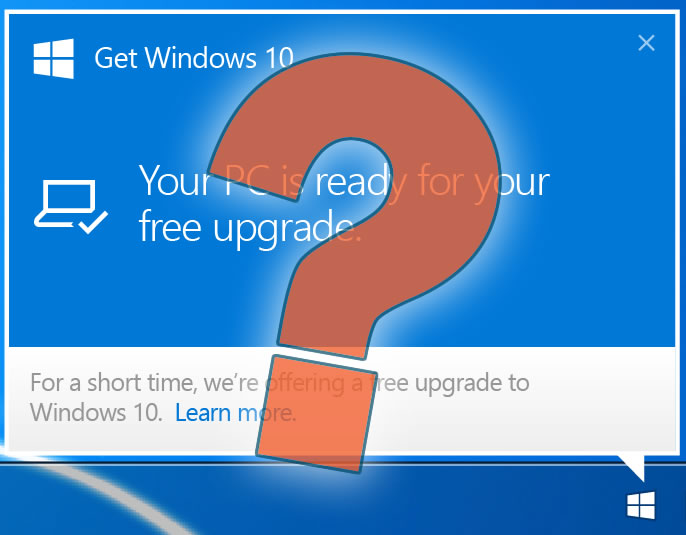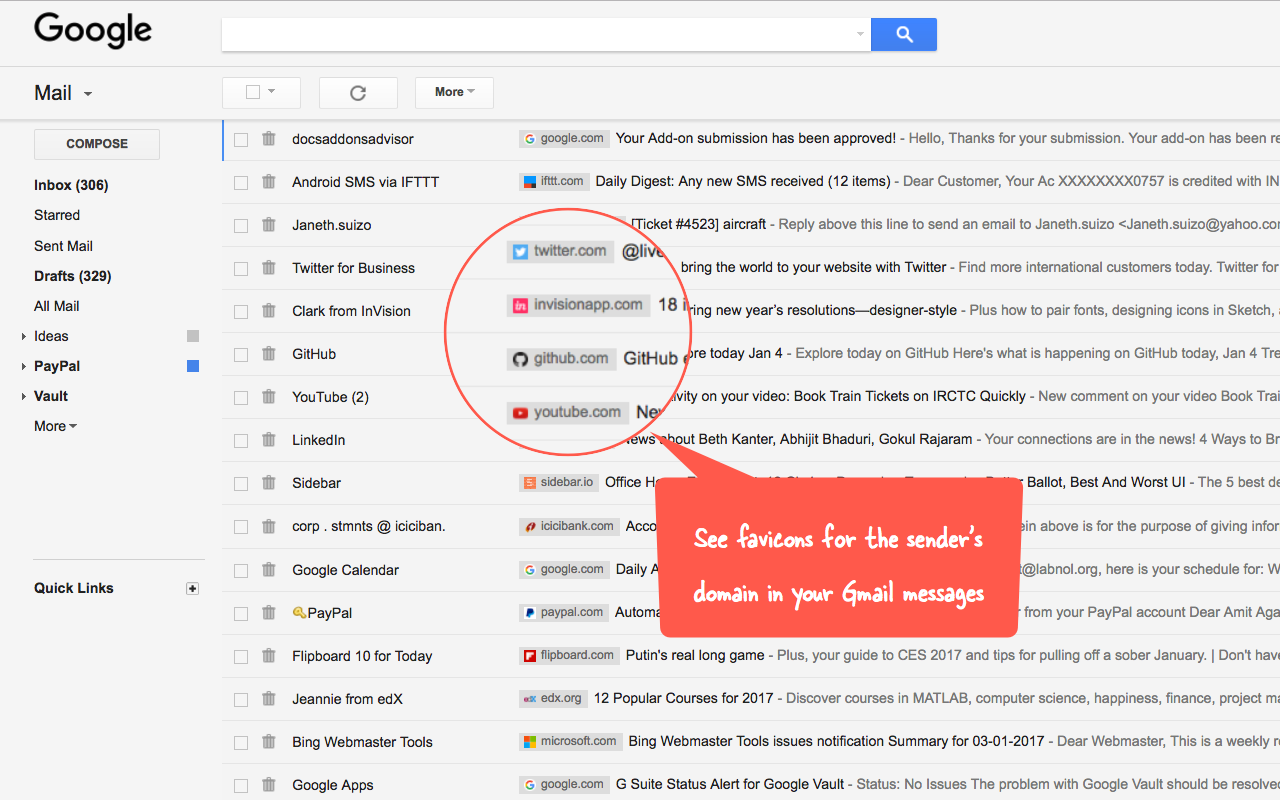One of the most common questions I hear when people find out I work for an IT company is “What do you guys think of AI?” Artificial Intelligence (AI) is a term that conjures varied images and emotions. For some, it’s a technological marvel shaping the future; for others, it’s a potential threat to livelihoods and societal well-being. At the heart of this spectrum lies a conversation about how to approach and engage with AI.
We asked our team some questions about their perspectives on AI, and thought it would be interesting to share those varied viewpoints with you as you seek to engage with AI and its emerging applications.
The C2IT Team’s Opinions
Some of our team members express cautious concern. They highlight AI’s potential for manipulation and its capacity to perpetuate and spread misinformation. Their apprehension stems from a fear that AI, if misused, could significantly impact society negatively.
Others, while acknowledging AI’s capacity for enhancing creativity and problem-solving, caution against its potential to shortcut learning processes. The fear stems from shortcuts and allowing AI to “do the work” instead of digging into the learning processes earnestly.
There are those who express ambivalence, acknowledging AI’s ability to streamline tasks and fuel meaningful advancements. At the same time, they voice concerns about its misuse, particularly in advancing technology like deepfakes, which could spread falsehoods as “fact.”
Certain team members harbor skepticism, rooted in their direct interaction with AI tools in their professional capacity. Their viewpoint is that AI such as ChatGPT is really just re-generating already created content, prompting questions about its actual utility.
There are individuals within our community who staunchly criticize current AI applications as lacking in genuine innovation. They underscore ethical concerns surrounding copyright infringement and stress the inability of these tools to positively contribute to creative endeavors.
Some team members initially express apprehension, but gradually acknowledge AI’s potential in sparking creativity, streamlining tasks, and removing obstacles from their professional domains. This balanced approach recognizes the pitfalls while seeing potential benefits.
Others voice their concerns about job displacement, misinformation, and the decay of human connections. They emphasize the need for regulatory frameworks and a more thoughtful, cautious approach, which seem currently to be lacking.
Lastly, a few express a balance between intrigue and caution. They highlight ethical concerns surrounding privacy breaches and job displacement while recognizing AI’s potential as a resource for creativity and automation.
Final Thoughts
Ultimately, our viewpoints on AI vary about as much as our personalities. We recognize the incredible potential, but understand technology enough to be wary of its potential dark side.
As you consider how you want to engage with AI, perhaps a parallel question could have been asked decades ago with the emerging technology we now know as “the Internet.” Is the internet good or bad? How should we engage with it? Should we jump in or avoid it? Hindsight would say that the Internet can be both bad and good, depending on how it is utilized and for what end. AI would best be approached with this balanced view in mind.
We would love to hear your perspective on AI. Feel free to share in the comments to keep the conversation going!




Recent Comments